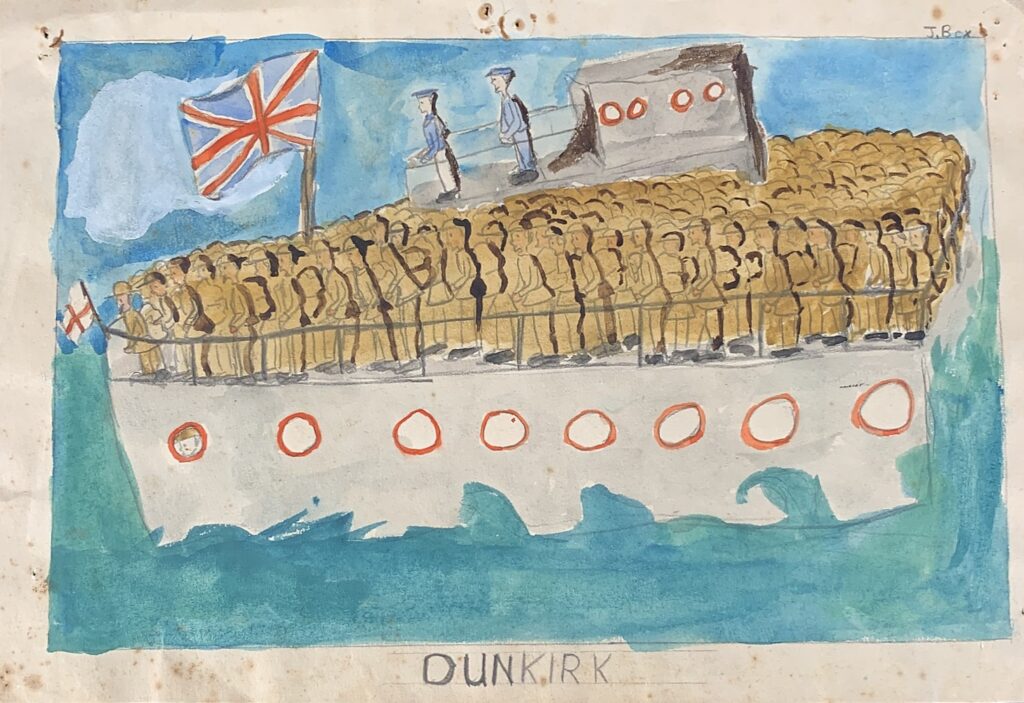Recording Everyday Social History – Open Educational Resource
Over the last few months, I have been working on an Open Educational Resource (OER) based on Their Finest Hour and stories and objects collected during the Digital Collection Day in Edinburgh. The OER, Recording Everyday Social History, which is aimed at the second and third levels of the Scottish Curriculum for Excellence (age range 11-14), explores how we can make sense of ‘history from below’.
The OER highlights the contrast between ‘official’ history and history collected and kept by ‘ordinary’, private individuals. History of the Second World War is often viewed from the perspective of political and military decision makers. There is a lot of historical value in viewing the experience of war and other historical events from alternative perspectives. Looking at everyday objects and collecting testimonies from a wide range of voices can enable an understanding of how war and significant events affected the whole nation.
Oral history interviews provide varied perspectives on historical events by privileging voices that are not typically part of the historical record. By interviewing a relative or member of their community, students gain an understanding that history is all around them, rather than something that happened far away, a long time ago, to distant people. In connecting public and private history, students are able to reflect on their family and community’s place in history, and the meaning of history more generally – who makes it, how and why.
The OER introduces students to examples of everyday ‘history from below’ that were collected at Their Finest Hour’s Digital Collection Day at the University of Edinburgh, including Christmas cards sent home from Burma by a British soldier and the baby book of a child born in an internment camp in Hong Kong.
The Recording Everyday Social History OER is shared under CC BY-SA 4.0 licence and can be downloaded from TES Resources.

Soldiers returning from Dunkirk, by Elizabeth Jane Box. CC BY 4.0, Their Finest Hour Archive, University of Oxford.




Recent comments